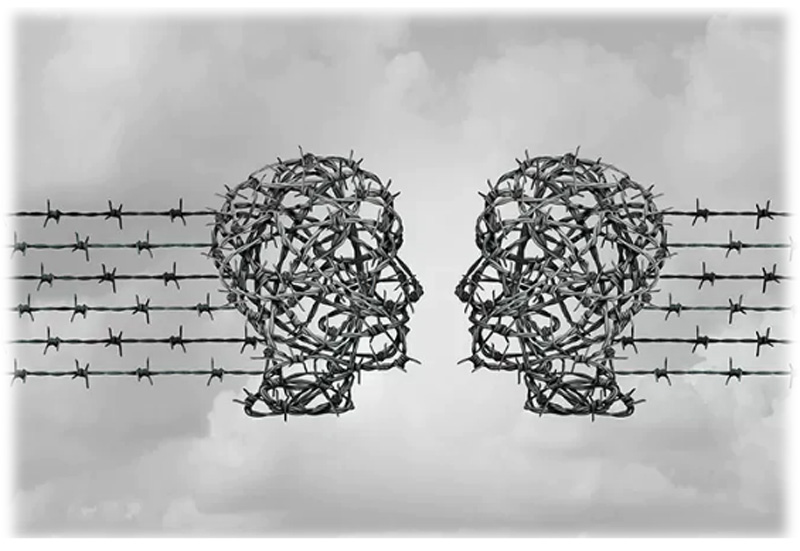 Khalistan
Khalistan Click of hate: Khalistan extremism network in the digital realm
A spectre haunts the global security landscape – not of the living, but of the digitally cloaked.
Security agencies have unveiled a chilling reality: Khalistani terrorists are weaponizing technology, weaving a web of encrypted communication and veiled propaganda that eludes traditional investigative methods. This insidious trend demands not just our attention, but a swift and decisive response.
The report paints a stark picture. Gone are the days of clunky landlines and traceable SIM cards. Today’s terrorists operate in the shadows of the internet, leveraging a dizzying array of encrypted chat apps, VoIP technology, and virtual phone numbers. WhatsApp whispers operational secrets, Facebook Messenger disseminates hate-laced screeds, and Skype calls orchestrate violence – all under the impenetrable cloak of digital anonymity.
This isn’t mere speculation. Intelligence reports expose a calculated strategy. Apps like Talkatone and TextPlus offer virtual numbers, severing the link between terrorist and physical identity. VPNs, with their layered encryptions, further shroud their movements, turning the internet into a labyrinthine safe haven.
But the terrorists’ reach extends beyond operational secrecy. Social media platforms become their propaganda pulpits, amplifying their distorted narratives and radicalizing vulnerable minds across the globe. Gurpatwant Singh Pannun, the insidious ghost of the banned SFJ, finds his voice not in hushed whispers, but in pre-recorded messages that infiltrate homes and hearts alike.
This digital subterfuge isn’t confined to the virtual realm. The report lays bare a chilling domestic network – a macabre tango with local gangsters, narcotraffickers, and arms suppliers. Prisons, meant to rehabilitate, become breeding grounds for recruitment, while the hawala’s ancient tendrils twist through the digital shadows, financing terror and laundering blood money.
India stands at a crossroads. On one hand, the specter of digital terrorism looms, an ever-evolving hydra that defies traditional methods. On the other, lies the opportunity to forge a new path, one paved with cutting-edge countermeasures and robust international cooperation.
Enhanced cyber intelligence, collaborative efforts with tech giants to decrypt the whispers of hate, and stringent regulations on virtual numbers and VPNs are crucial first steps. But they are merely the tip of the spear. This fight demands global unity, a concerted effort to dismantle the terrorist infrastructure that thrives in the shadows of the web.
The specter may be digital, but its consequences are all too real. We cannot afford to be passive observers in this cyberwar. The time for action is now, before the ghost in the machine materializes into a living nightmare. Let us rise to the challenge, not with fear, but with unwavering resolve, and ensure that the specter of Khalistani terror fades into the oblivion of the digital void.
(Image and text courtesy: Khalsavox.com)
Support Our Journalism
We cannot do without you.. your contribution supports unbiased journalism
IBNS is not driven by any ism- not wokeism, not racism, not skewed secularism, not hyper right-wing or left liberal ideals, nor by any hardline religious beliefs or hyper nationalism. We want to serve you good old objective news, as they are. We do not judge or preach. We let people decide for themselves. We only try to present factual and well-sourced news.







